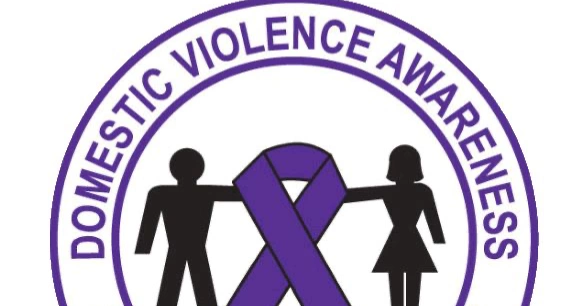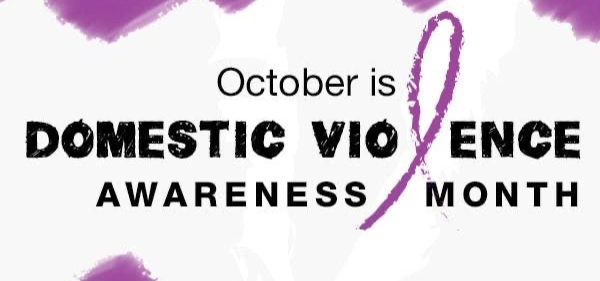October — Domestic Violence Awareness Month
Every October, countries around the world observe Domestic Violence Awareness Month — a dedicated time to bring attention to one of society’s most damaging, yet often hidden, issues. The month is about raising awareness, supporting survivors, breaking the silence, and building stronger systems to prevent abuse and protect those at risk.
Understanding Domestic Violence
Domestic violence is not limited to physical harm. It can take many forms:
- Emotional abuse — constant criticism, humiliation, manipulation.
- Psychological abuse — threats, intimidation, isolation from friends and family.
- Financial abuse — controlling access to money, preventing employment, creating economic dependence.
- Sexual abuse — forcing sexual acts without consent.
The impact of abuse goes beyond visible injuries. It can leave lasting scars on mental health, erode self-esteem, and destroy a sense of safety and trust. Children who witness domestic violence are also deeply affected, often carrying the trauma into adulthood.
Why Victims Stay Silent

Many victims do not speak out due to fear of retaliation, financial dependence, emotional attachment, or cultural stigma. Some believe they will not be believed or that no one can help them. This silence often protects the abuser and prolongs the cycle of violence. Breaking that silence — by listening, believing, and supporting — is a crucial step toward ending abuse.
Awareness and Action
During October, communities organize educational programs, professional training for law enforcement and healthcare workers, fundraising events, and public awareness campaigns. Hotlines and shelters work to ensure that help is available for anyone in need. The purple ribbon has become the symbol of the movement, a visible sign of solidarity with survivors and a reminder that abuse should never be tolerated.

How You Can Help
Even small actions can have a big impact:
- Educate yourself about the signs of abuse and available resources.
- Reach out to friends, colleagues, or neighbors you suspect might be in danger.
- Share information about hotlines, shelters, and support organizations.
- Support charities through donations or volunteering.
- Challenge harmful attitudes that excuse or normalize abuse.
A Call to End Silence
Domestic violence thrives in silence and secrecy. By speaking out, offering support, and demanding accountability, we create a culture where abuse is no longer hidden — and no longer tolerated.
This October, let the purple ribbon be more than a symbol. Let it be a commitment — to stand with survivors, to speak up for those who cannot, and to work toward a world where everyone can feel safe in their own home.
Close